Table of contents
- What is CBD?
- What is Delta-8 THC?
- The Difference Between CBD and Delta-8
- The Health Angle: CBD and Delta-8 for Specific Conditions
- Understanding the Legal Status in Europe
- Drug Testing: A Critical Difference
- The Safety Profile: What You Actually Need to Know
- CBD vs Delta-8: Legality and Where You Stand
- Making the Choice: Which One Is Right for You?
- Where to Start: Dosing Guidance for Beginners
- FAQs
You're standing in front of two jars at a hemp shop. One says CBD. One says Delta-8. Both promise relaxation. Both claim to help with anxiety, pain, and sleep. But one won't get you high, and the other will-sort of. So which one actually belongs in your wellness routine?
This question is becoming increasingly common as people wake up to the fact that not all cannabinoids are created equal. The difference between CBD and delta 8 isn't just semantic-it's fundamental to understanding what each one does and whether it's the right fit for your lifestyle. Let's break it down in a way that makes sense.
What is CBD?
CBD, short for cannabidiol, is the second-most abundant cannabinoid found in hemp plants. It's the non-psychoactive darling of the cannabis world-the one that won't get you high, no matter how much you take. CBD interacts with your body's endocannabinoid system (ECS) in a uniquely indirect way. Rather than binding strongly to CB1 and CB2 receptors like THC does, CBD acts as a negative allosteric modulator. Think of it as a gentle hand on the shoulder rather than a forceful push. It influences these receptors from the sidelines, working through multiple pathways simultaneously.
What makes CBD genuinely interesting from a scientific standpoint is its multimodal action. It doesn't just stop at the cannabinoid receptors. CBD also interacts with serotonin receptors (particularly 5-HT1A), which explains its anxiety-reducing effects. It works with TRPV1 receptors involved in pain signaling. It influences PPARγ, which helps regulate inflammation. This is why CBD has such a broad therapeutic profile-it's essentially speaking multiple biochemical languages at once.
CBD's Potential Therapeutic Properties and Wellness Benefits
Extensive cannabis research, including studies conducted in Europe, supports the potential therapeutic properties of CBD products. Users report potential wellness benefits such as stress relief, anxiety relief, and managing pain without the intoxicating effects associated with THC products. The anti-inflammatory properties of CBD also make it a popular choice for those seeking natural support for conditions like arthritis and multiple sclerosis. Moreover, anecdotal evidence suggests that CBD may contribute to improved sleep quality by promoting relaxation and reducing nighttime anxiety.
What is Delta-8 THC?
Delta-8 THC, by contrast, is psychoactive. It's often described as "THC's milder cousin," and that's actually pretty accurate. Delta-8 is a minor cannabinoid found naturally in hemp in tiny quantities-so small that most commercial delta-8 products are synthetically converted from CBD using chemical processes. When delta-8 binds to CB1 receptors, it produces psychoactive effects-you will feel something. You'll get what users call a "high," though it's typically gentler and more clear-headed than delta-9 THC.
The critical difference between CBD and delta 8 comes down to receptor binding. Delta-8 actively engages CB1 and CB2 receptors like a key fitting into a lock. CBD doesn't do this. For people seeking strictly non-psychoactive benefits, this distinction matters enormously. For those open to mild intoxication, delta-8 offers an option somewhere between CBD's subtlety and traditional THC's intensity.
The Chemical Structure and Psychoactive Nature of Delta-8
Delta-8 THC's chemical structure differs from delta-9 THC by the position of a double bond on the eighth carbon atom instead of the ninth, which contributes to its milder intoxicating effects. This subtle difference impacts how delta-8 interacts with the central nervous system, producing psychoactive effects that are generally less potent but still noticeable. Unlike CBD, which is non-psychoactive and modulates receptors indirectly, delta-8's psychoactive nature means it can influence mood, perception, and cognition, offering a unique experience for users.

The Difference Between CBD and Delta-8
How They Feel: The Subjective Experience
Here's where things get tangible. When you take CBD, you're unlikely to feel much of anything in the moment. That might sound like a negative, but it's actually the appeal for many people. CBD's effects are often described as background-level support-your anxiety gently diminishes over hours, your pain reduces incrementally, your sleep improves subtly. Some users describe it as feeling like their nervous system has been softly reset.
Delta-8, on the other hand, you'll notice. Users frequently report a sense of calm, mild euphoria, and relaxation within 15-45 minutes (depending on the method of consumption). There's a recognizable shift in perception. Your thoughts feel slower, more spacious. For some, this is exactly what they want. For others, any psychoactive effect-even a mild one-is a dealbreaker.
Appetite Effects: A Surprising Divergence
This is where the difference between CBD and delta 8 becomes practically useful. Delta-8 is a known appetite stimulant. It activates CB1 receptors in ways that trigger ghrelin release, the hormone that makes you hungry. Users report genuine "munchies," though typically less intense than with delta-9 THC. If you're looking to increase food intake-whether for medical reasons, recovery from illness, or just enjoying meals more-delta-8 can be genuinely helpful.
CBD goes the opposite direction. Rather than stimulating appetite, it tends to suppress it or keep it neutral. This is particularly relevant if you're managing weight or have conditions where appetite suppression might actually be beneficial. In some studies, users reported decreased appetite when taking CBD regularly.
Duration and Onset: Timing Matters
CBD effects typically build gradually and last for an extended period. With a CBD oil or edible, you might not feel peak effects for 1-2 hours. But once they settle in, they tend to stick around for 4-8 hours or longer, and they persist subtly even after that. This makes CBD ideal for people who want sustained, background-level support throughout the day or night.
Delta-8 effects kick in faster-especially if vaporized, where onset can be 5-15 minutes. But they also tend to fade more quickly than CBD's lingering presence, typically within 4-6 hours. This makes delta-8 more suitable for acute situations where you want noticeable relief right now.
The Health Angle: CBD and Delta-8 for Specific Conditions
Anxiety and Mental Health
Both CBD and delta 8 have anxiolytic (anxiety-reducing) potential, but through different mechanisms. CBD's primary anxiety pathway involves serotonin and GABA systems. Clinical research consistently shows CBD reducing anxiety in controlled settings-particularly social anxiety. Multiple randomized controlled trials have demonstrated this effect, with doses around 300-600 mg showing efficacy in reducing stress responses. The neuroimaging shows CBD actually dampens activity in brain regions associated with fear and anxiety.
Delta-8 users report reduced anxiety, but this stems from its mild psychoactive effects combined with CB1 receptor activation. It's more of a "take the edge off" situation than CBD's more direct anxiolytic action. For clinical anxiety disorders, the research supports CBD more firmly. For situational anxiety or general stress, delta-8 might provide faster relief due to its psychoactive properties.
Sleep and Rest
This is a nuanced area where both cannabinoids show promise but differ in approach. CBD promotes sleep indirectly by addressing underlying issues like anxiety, pain, and racing thoughts. It influences serotonin systems and can help normalize circadian rhythms. Users often report gradually falling into better sleep patterns rather than a knockout effect. Research supports CBD's long-term sleep improvements, particularly when anxiety is a factor.
Delta-8, being mildly psychoactive and sedating at higher doses, can more directly induce drowsiness. Some users find it works better than CBD for actual sleep onset. However, individual responses vary-some delta-8 users report it feels too stimulating for sleep.
Chronic Pain and Inflammation
Both cannabinoids interact with pain pathways, but again, the mechanisms differ. CBD works through multiple channels: TRPV1 receptor activation (directly involved in pain signaling), inhibition of pro-inflammatory molecules, and potential modulation of opioid receptors. Clinical evidence supports CBD for chronic pain and inflammation. Users report meaningful pain reduction, often with improved function and reduced OTC medication use.
Delta-8, through CB1 and CB2 activation, also shows anti-inflammatory and analgesic potential. Recent research in animal models suggests delta-8 may effectively reduce arthritis-related pain and inflammation. However, human clinical trials remain limited compared to CBD. Delta-8's pain relief is likely effective, but the evidence base is thinner.
Understanding the Legal Status in Europe
While the legal landscape for CBD and delta-8 varies worldwide, in Europe, the legal status of these cannabinoids is subject to specific regulations under the European Union and individual member states. CBD derived from hemp plants containing less than 0.2% delta-9 THC is generally legal and classified as a novel food, requiring authorization for marketing. Delta-8 THC, however, occupies a more ambiguous position. Many European countries consider delta-8 as a controlled substance due to its psychoactive nature and similarity to delta-9 THC.
It's important for consumers in Europe to be aware of their country's specific regulations regarding delta-8 THC products. Some countries prohibit all THC isomers, while others allow hemp-derived cannabinoids with strict THC limits. Unlike in the United States, where the Agriculture Improvement Act (Farm Bill) governs hemp and hemp-derived products, Europe follows different frameworks emphasizing consumer safety and quality control.
Drug Testing: A Critical Difference
Here's where CBD and delta 8 diverge dramatically in practical terms. If you're subject to workplace drug testing, this matters.
CBD won't typically show up on a standard drug test if you're using pure CBD isolate. The test is designed to detect THC and its metabolites, not CBD. However, if you're using full-spectrum CBD-which contains trace amounts of delta-9 THC-there's a small possibility of a positive result, though it's rare at the legal 0.2% THC threshold in Europe.
Delta-8 will almost certainly show up on a standard drug test, and here's the kicker: many tests can't distinguish between delta-8 and delta-9 THC due to their similar structures. You could test positive for delta-9 THC even though you only took delta-8. Some tests might show a false negative instead, adding another layer of uncertainty. The bottom line: avoid delta-8 if you're subject to drug screening.
The Safety Profile: What You Actually Need to Know

CBD Safety
CBD has one of the cleanest safety profiles in the cannabinoid world. The FDA has approved a CBD-derived medication (Epidiolex) for epilepsy, which speaks to its tolerability. Long-term studies show minimal adverse effects. The most commonly reported side effects are drowsiness (which some users actually want) and appetite changes.
One caveat: CBD can interact with liver enzymes (specifically CYP3A4 and CYP2C9), which means it may interact with certain medications. If you're taking blood thinners, statins, or other medications metabolized through these pathways, consult a healthcare provider before starting CBD.
Delta-8 Safety Concerns
Delta-8's safety profile is murkier, primarily because it's not well-regulated. Here's what concerns researchers: most delta-8 is synthetically produced through chemical conversion from CBD. During this process, various byproducts and impurities can form. Studies analyzing commercial delta-8 products have found heavy metals, unlabeled adulterants, and unintended byproducts of synthesis.
The FDA has received thousands of adverse event reports related to delta-8 products, including hospitalizations. Reddit users have documented seizures, severe anxiety, and other concerning reactions. This doesn't mean delta-8 is inherently dangerous, but it means the products on the market vary wildly in quality and safety.
For safety: buy delta-8 from reputable vendors with transparent third-party lab testing, and never use it if you're pregnant, nursing, or operating heavy machinery.
CBD vs Delta-8: Legality and Where You Stand
Federal law is where things get interesting. Both CBD and delta-8 derived from hemp are technically legal federally under the 2018 Farm Bill, as long as they contain less than 0.3% delta-9 THC. But here's the nuance: many states have chosen to ban or heavily restrict delta-8 specifically, even though it's federally legal. Some states consider delta-8 a synthetic cannabinoid and therefore illegal.
CBD, by contrast, is legal in most states. You can buy it at grocery stores, health shops, and online with minimal legal friction.
Before purchasing either product, check your local state laws. Federal legality doesn't mean state legality, and the regulations are genuinely confusing right now.
Making the Choice: Which One Is Right for You?
Choose CBD if:
- You want to avoid any psychoactive effects entirely
- You're subject to drug testing
- You have anxiety, insomnia, or chronic pain that you want to manage without a "high"
- You prefer long-term, background-level support
- You're new to cannabinoids and want to start conservatively
- You need something you can take consistently without noticeable cognitive effects
Choose Delta-8 if:
- You're comfortable with mild psychoactive effects
- You want noticeable, fast-acting relief
- You have conditions that benefit from appetite stimulation (like chemotherapy side effects or cachexia)
- You want something between CBD's subtlety and traditional THC's intensity
- You're not subject to drug testing
- You value the recreational aspect alongside the therapeutic
Neither is objectively "better"-it genuinely depends on your goals, your tolerance for psychoactivity, your local laws, and your health situation. Many people find that CBD works better for daily management, while delta-8 is reserved for specific situations.
Where to Start: Dosing Guidance for Beginners
If you're trying CBD for the first time, begin with 10-25 mg per day and adjust upward based on effects. Most users find their sweet spot between 25-50 mg daily, though some benefit from higher doses. Take it consistently for at least a week or two-CBD's benefits often build over time rather than hitting immediately.
For delta-8, beginners should start with even smaller amounts if consuming it as an edible (5-10 mg), since psychoactive effects are dose-dependent and can be uncomfortable if you go too far. Vaporized delta-8 is faster-acting, so start with a small inhale and gauge your comfort level.
Check our CBD collections for premium full-spectrum and isolate options, or explore our CBD flowers guide for whole-plant medicine. For delta-8 alternatives, browse our delta vapes and delta-8 THC gummies.
FAQs
Can CBD and Delta-8 Be Taken Together?
Some users take both, though there's limited research on this combination. In theory, CBD's anxiolytic effects might smooth out any delta-8-induced anxiety in sensitive individuals. However, start conservatively-take each at lower-than-normal doses if you decide to combine them. Always monitor how your body responds. If you experience confusion, dizziness, or heightened anxiety, discontinue the combination.
Will CBD Show Up on a Drug Test if I've Been Using Delta-8?
Not directly. Pure CBD won't show up. However, if you've been using delta-8 and it's still in your system, that delta-8 will show up as THC. The issue is timing-THC metabolites can remain detectable for days to weeks. If you're facing an imminent drug test and have been using delta-8, there's a legitimate risk of testing positive for delta-9 THC.
Does CBD Affect Your Mood in Ways That Feel Like a High?
No. CBD doesn't produce any euphoria or altered perception. What you might notice is improved mood (due to serotonin effects), reduced emotional reactivity (due to anxiety reduction), and better overall sense of well-being. Some users describe it as feeling "more themselves"-like background noise has been turned down. This isn't a high; it's normalization.
Is Delta-8 Safe for People with Anxiety Disorders?
Delta-8's psychoactive properties can trigger or worsen anxiety in some people, particularly those with generalized anxiety disorder or panic disorder. Conversely, some anxiety sufferers find mild psychoactivity grounding and helpful. The key is knowing yourself: if you've had bad experiences with THC or are prone to anxiety spikes, delta-8 is riskier. If you've used delta-9 THC successfully, delta-8 at lower doses might work. Start extremely cautiously and have support available.
Can You Build Tolerance to CBD or Delta-8?
Delta-8 tolerance builds like other THC compounds-your body becomes less sensitive to its psychoactive effects with regular use, requiring higher doses for the same effect. CBD tolerance is less clear-cut. While some users report needing to cycle CBD (taking breaks to reset sensitivity), research suggests CBD may not build clinically significant tolerance in the same way THC does. However, individual responses vary, and taking periodic breaks is never a bad idea.



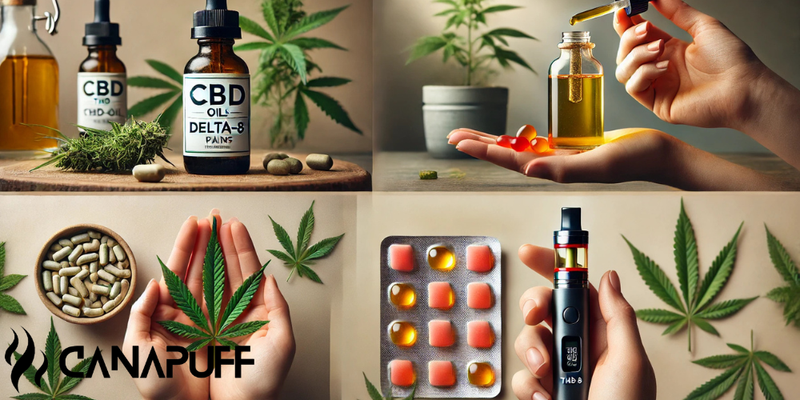

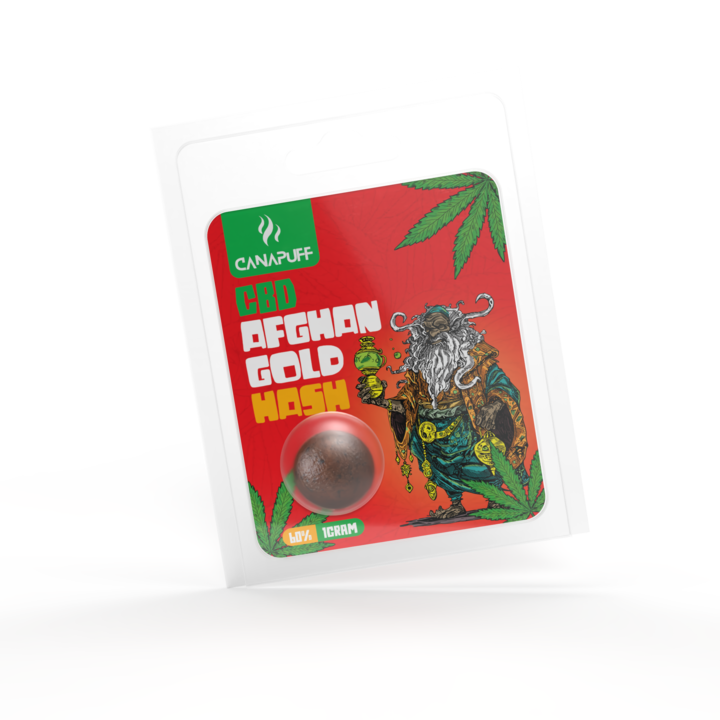
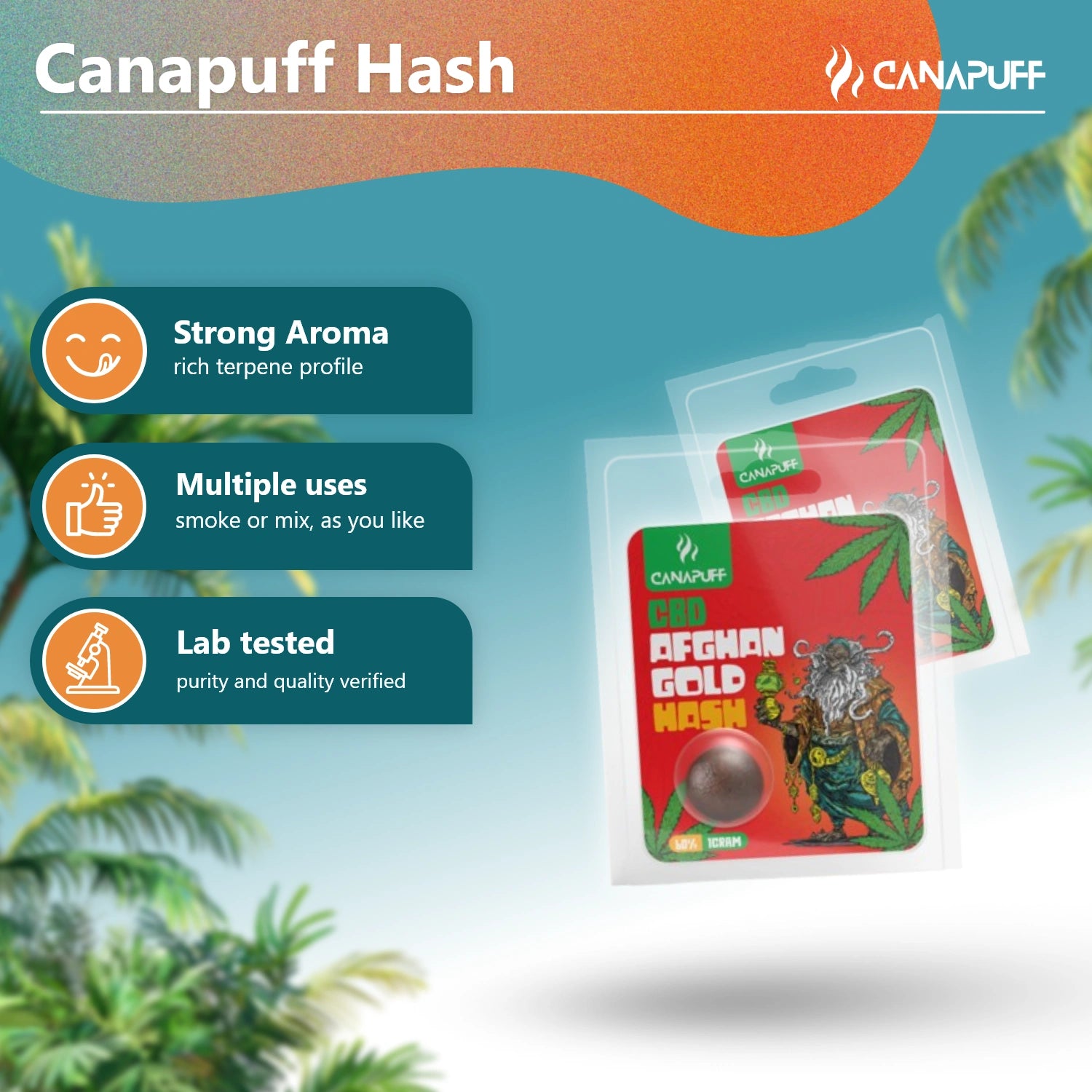
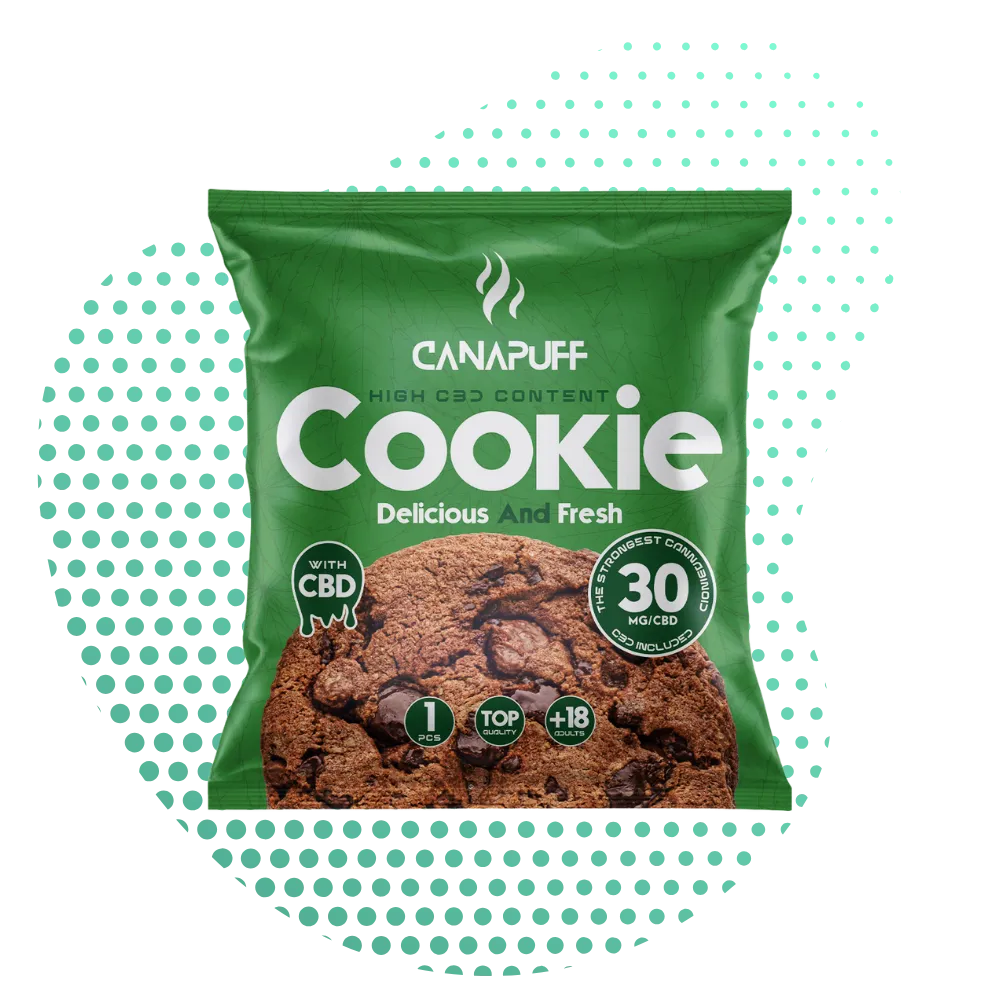
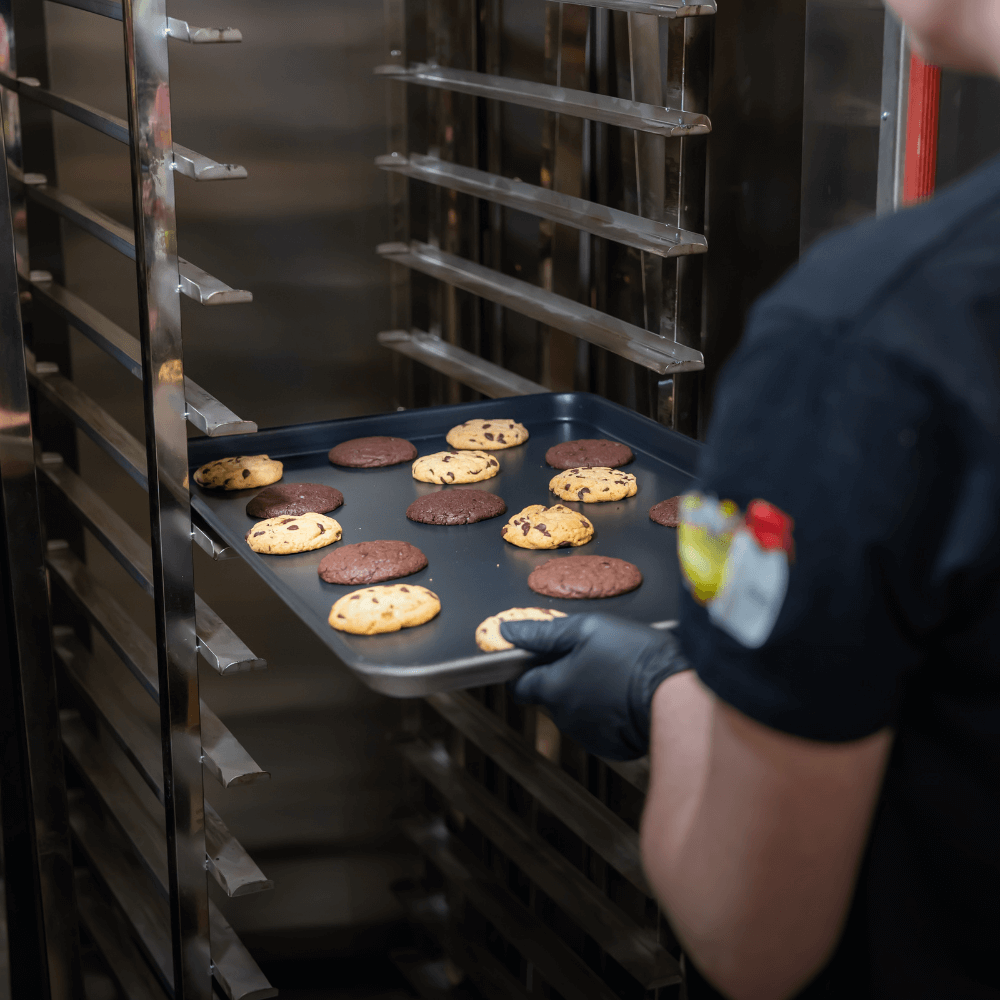
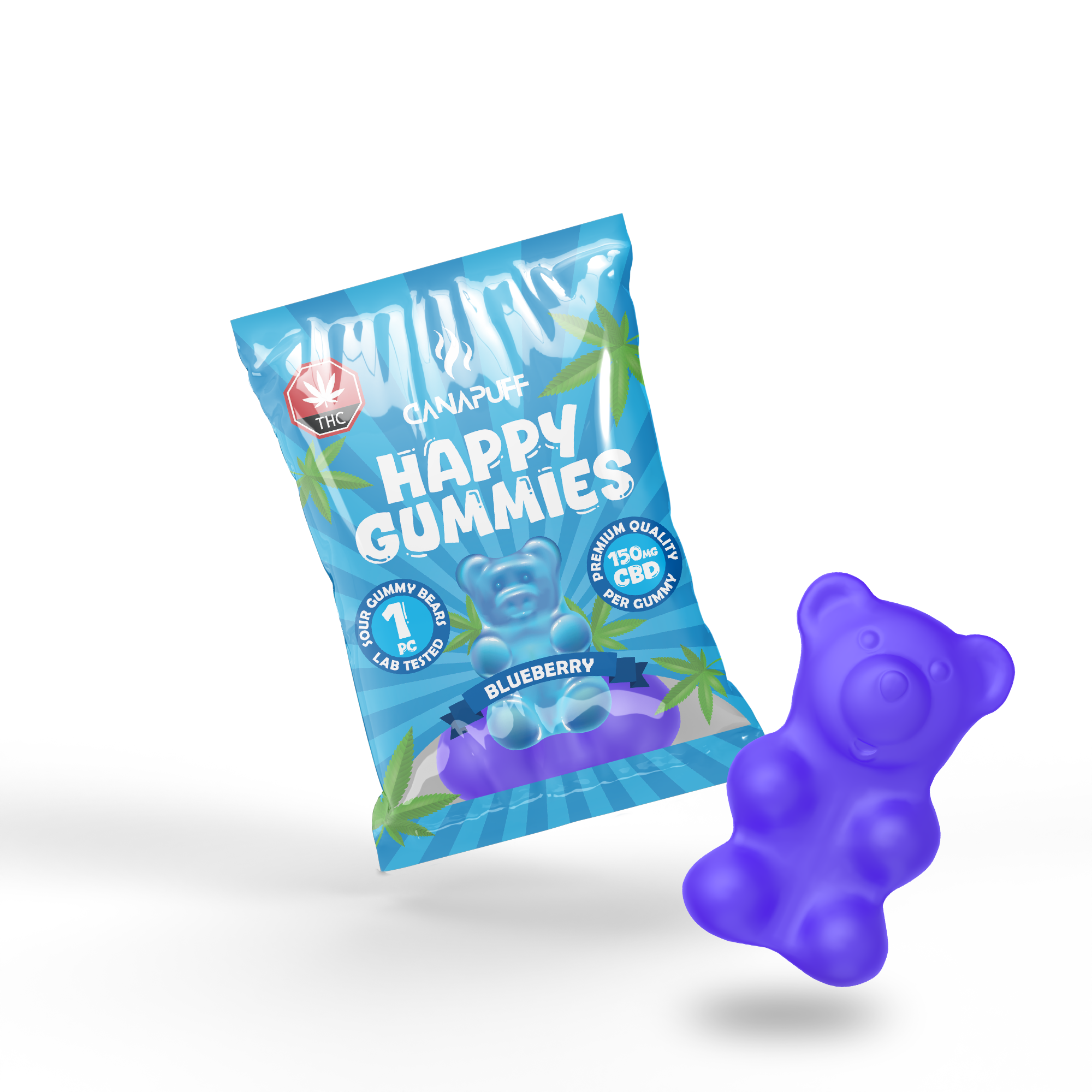
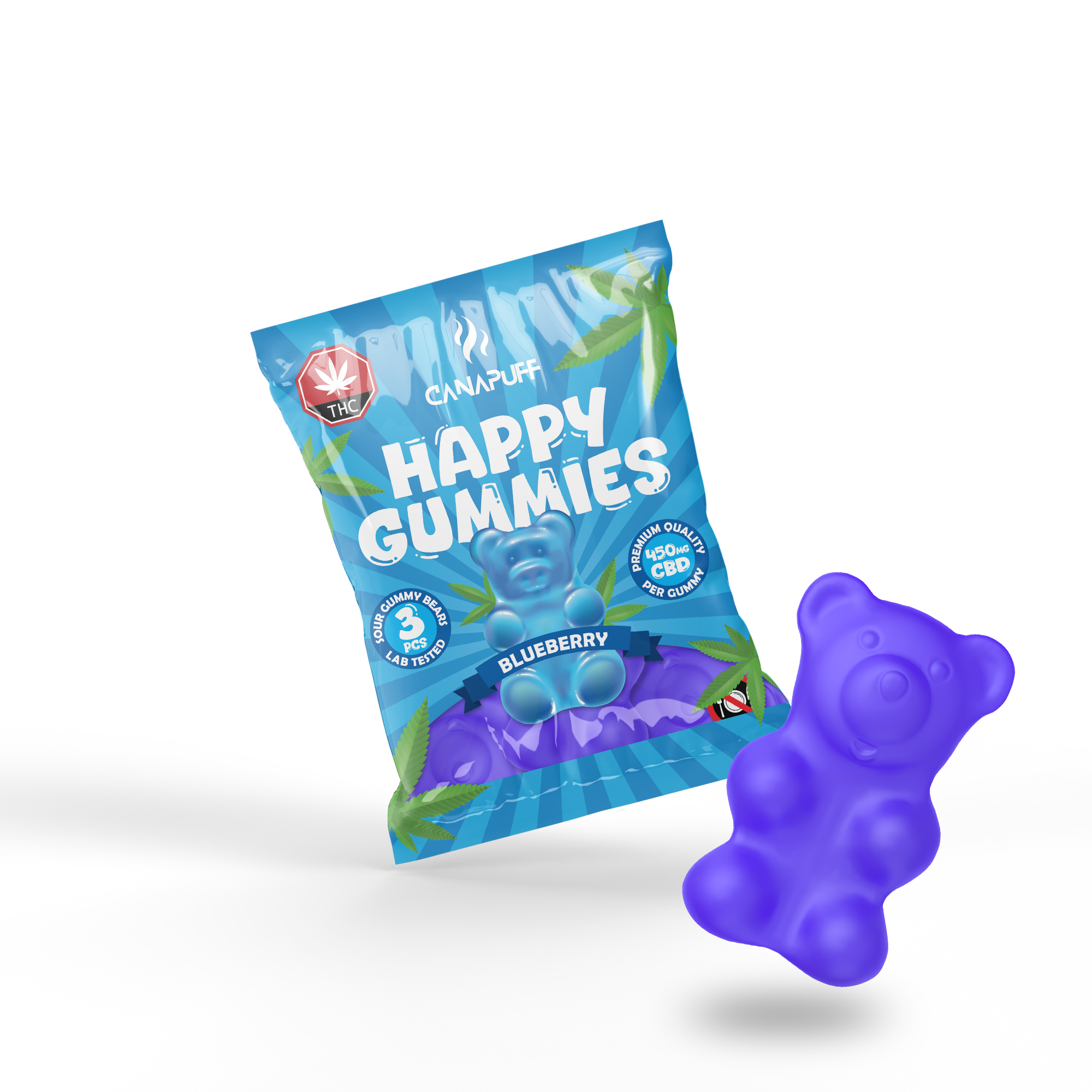
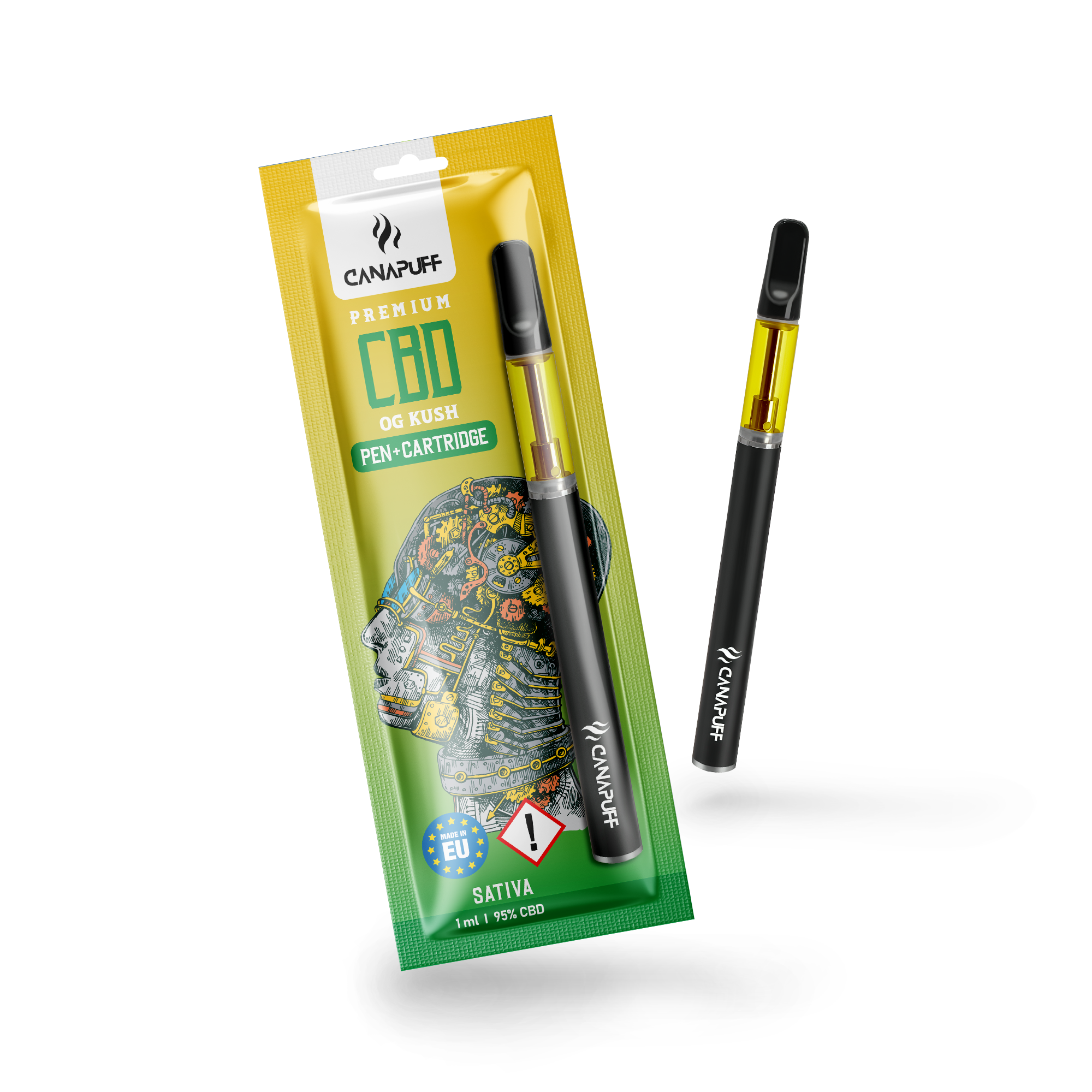
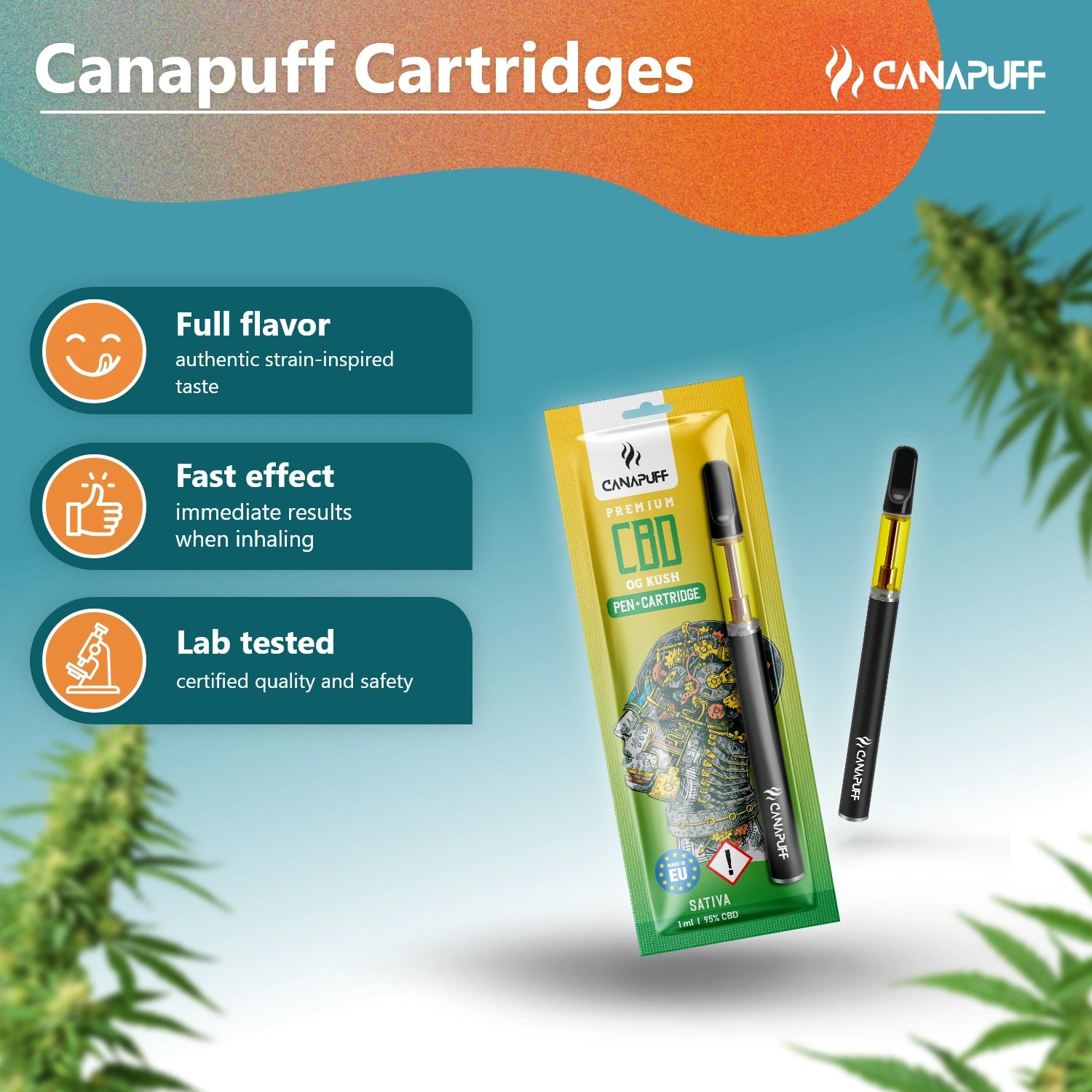
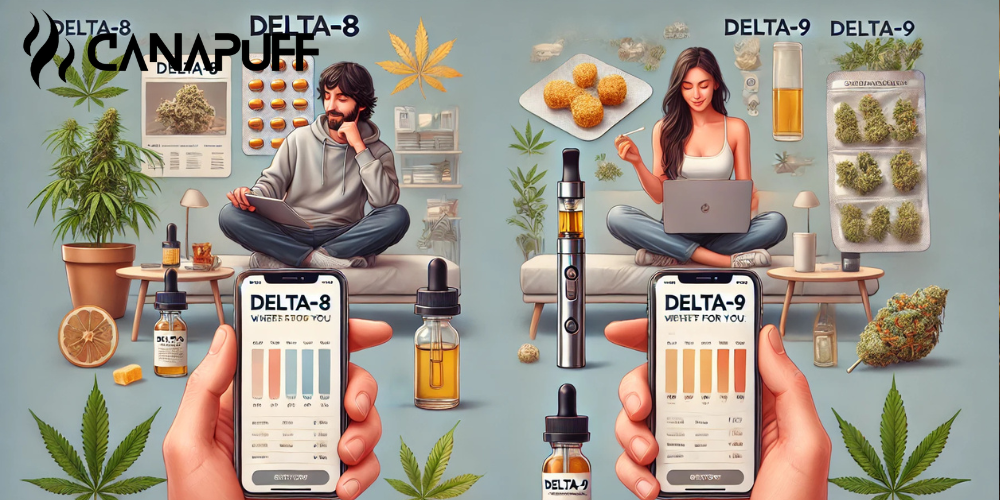

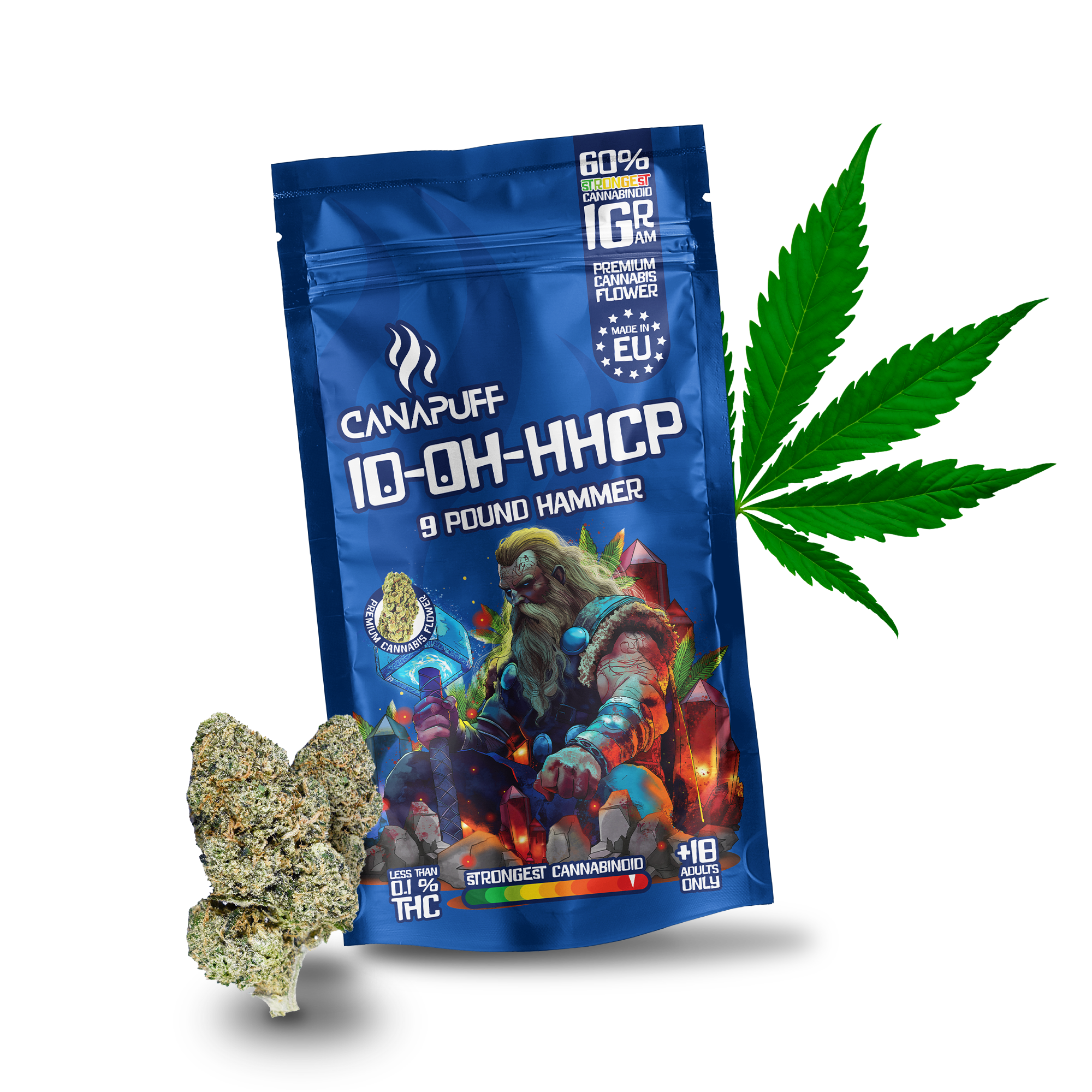
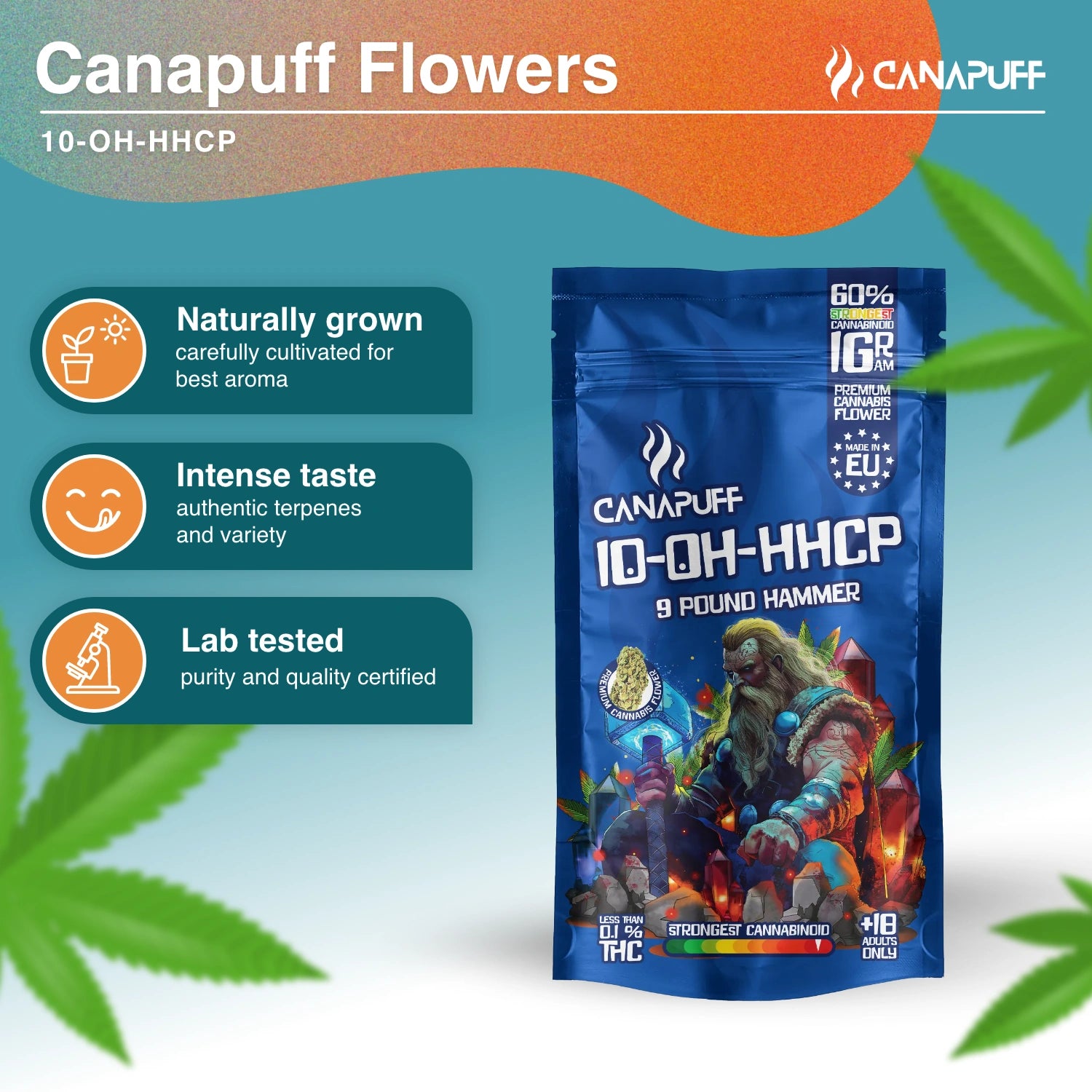
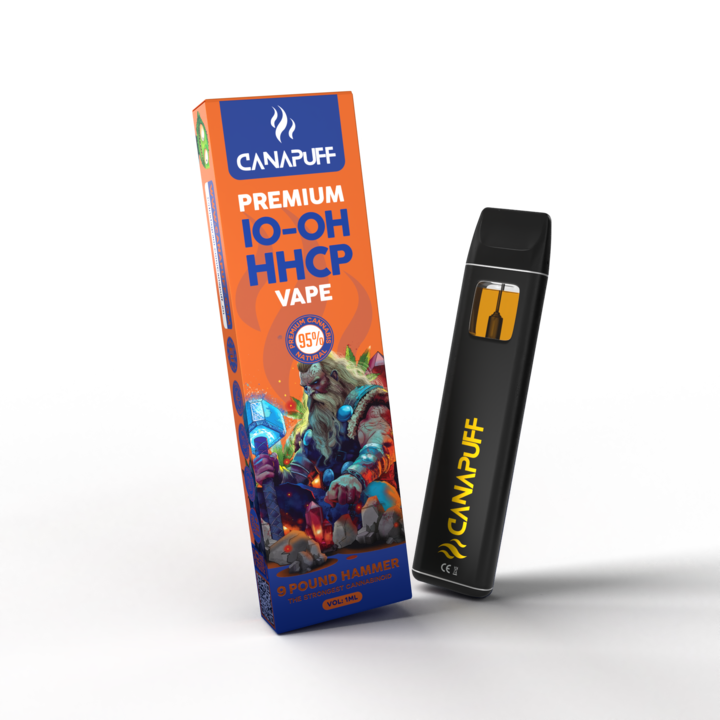
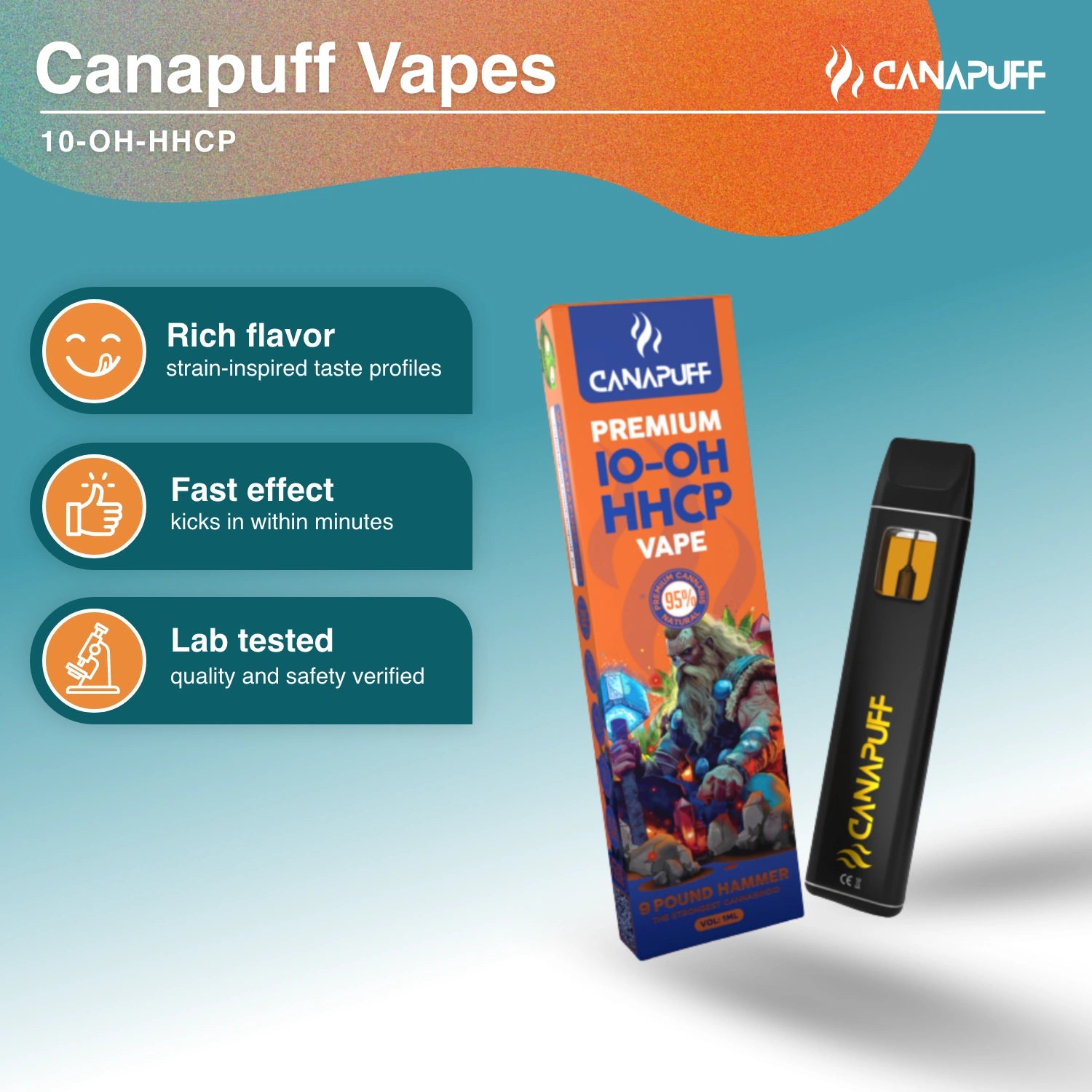
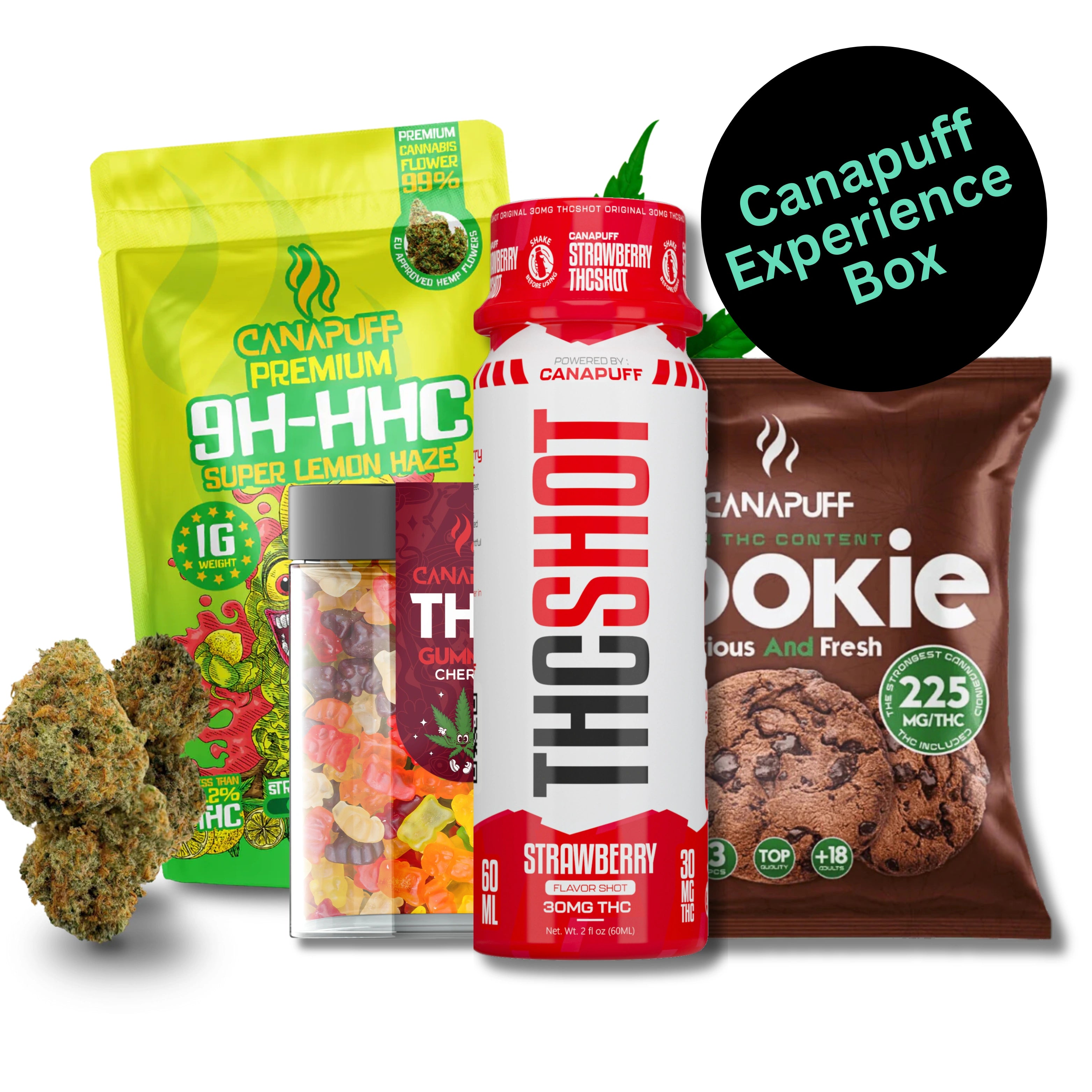

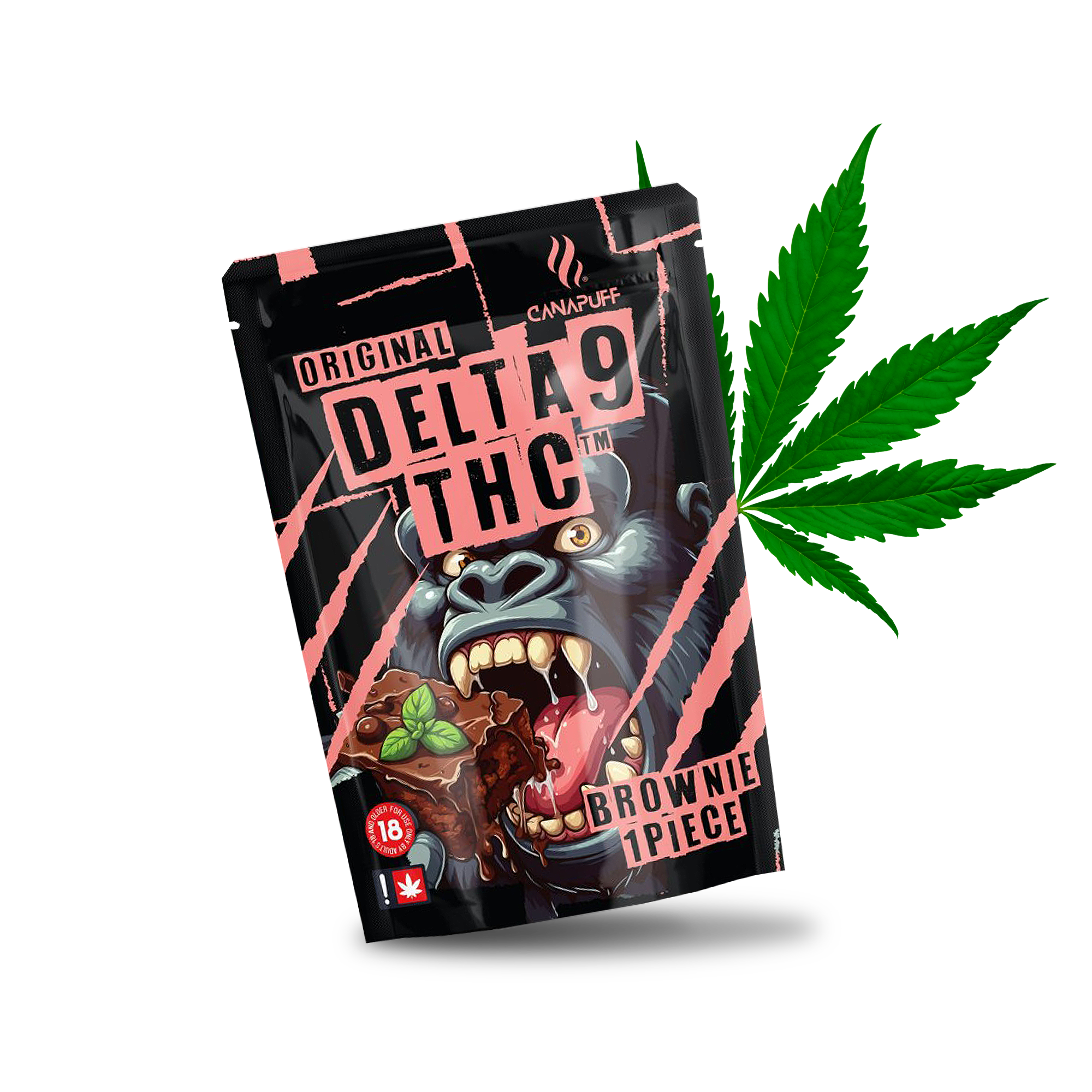
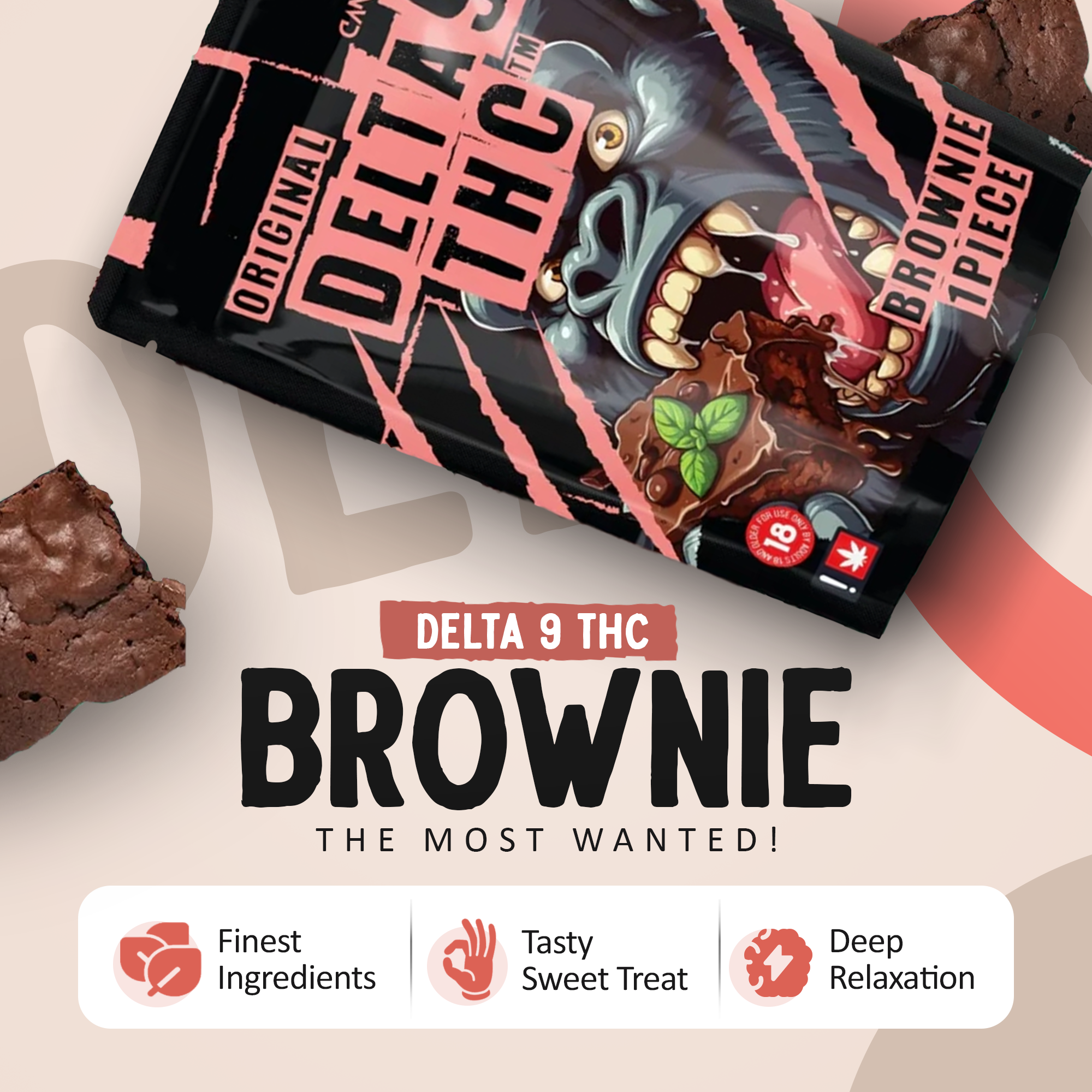
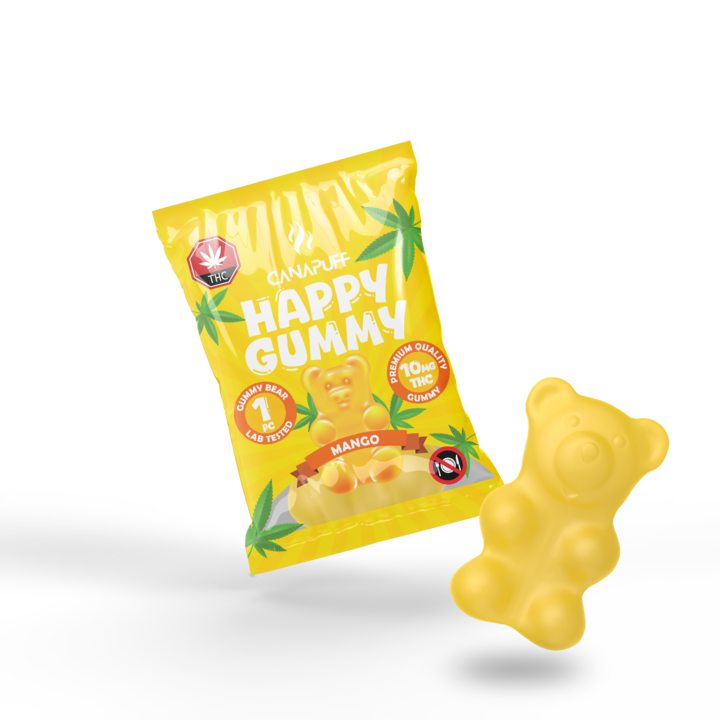
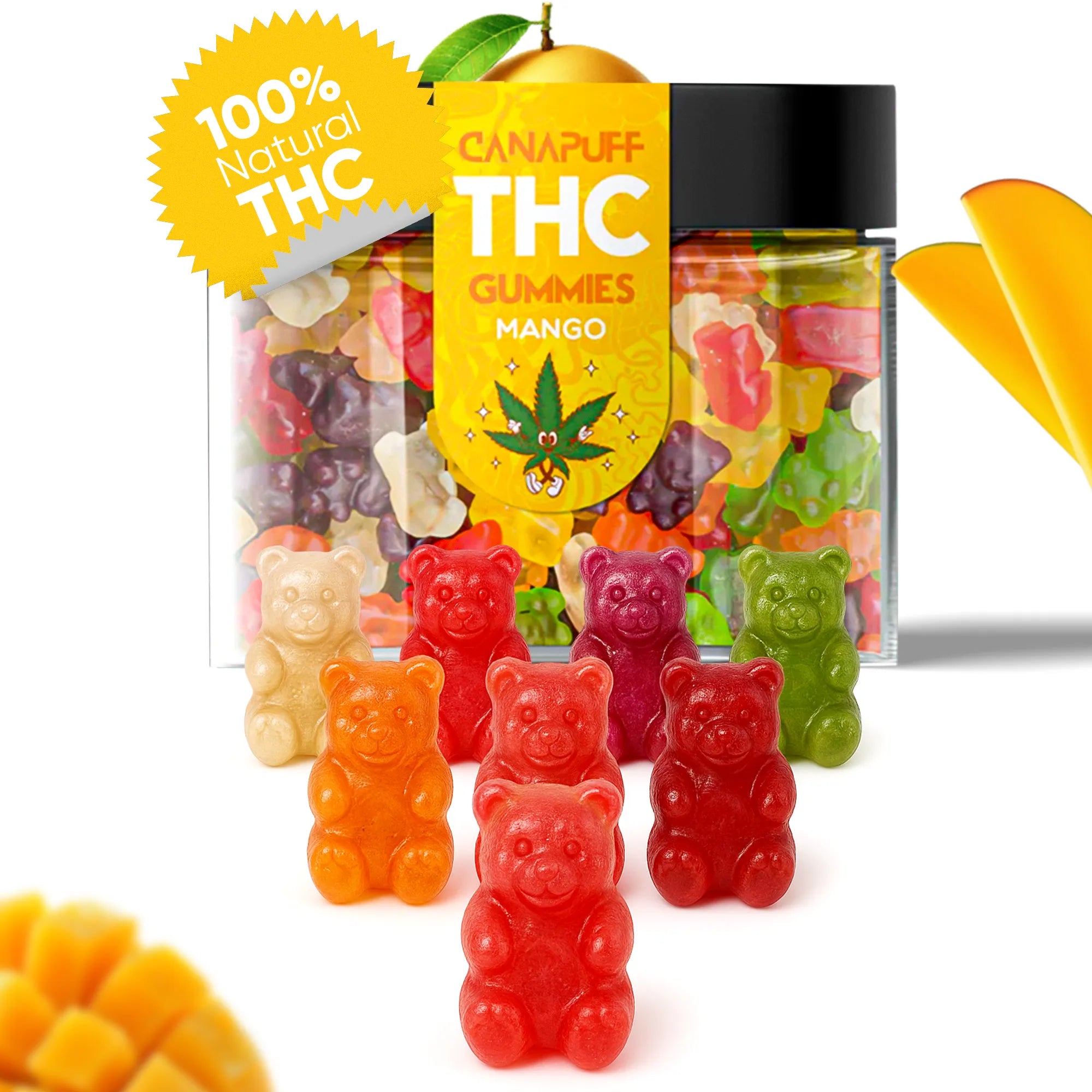
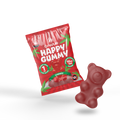
Leave a comment
This site is protected by hCaptcha and the hCaptcha Privacy Policy and Terms of Service apply.